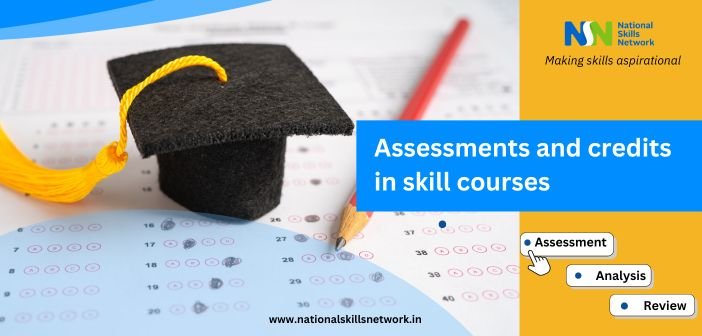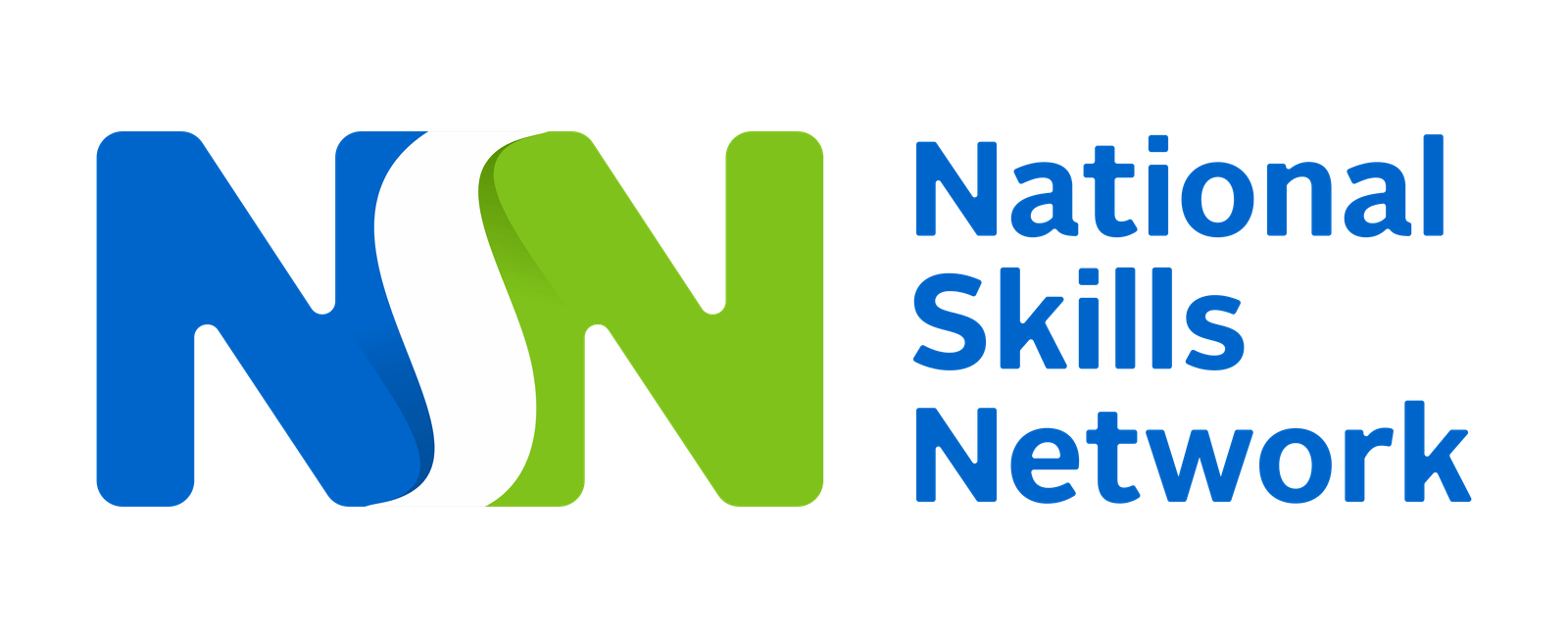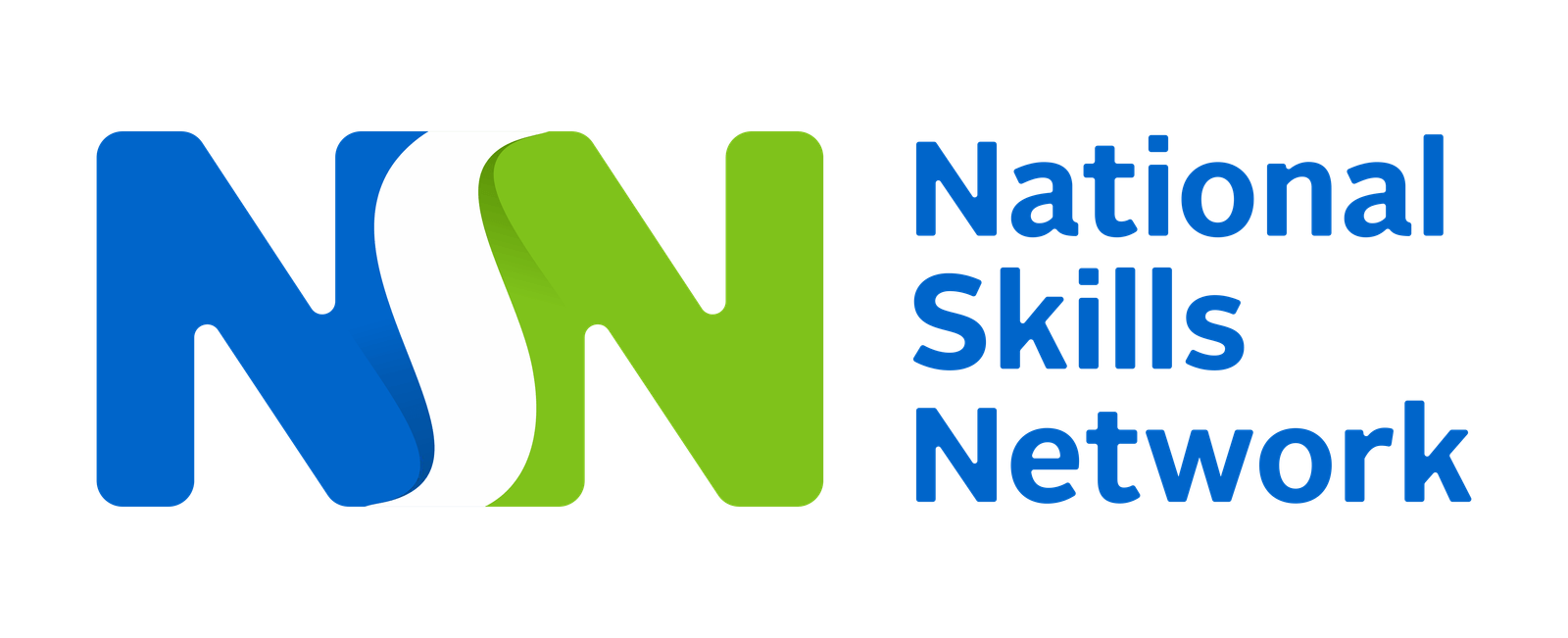Imagine this: A Class 10 student passionate about agriculture gains credits for her practical farming skills, which she can later use toward a diploma or degree. Meanwhile, a college student in Culinary Arts earns industry-recognized credits through hands-on training and internships, reducing coursework for higher studies. And a Mechanical Engineering diploma holder specializing in EV technology can transfer credits, cutting down the time needed for a B.Tech. Assessments and credits in skill courses are transforming education by recognizing real-world learning.
With the NCrF, assessments are no longer just about passing exams, they’re about validating skills, industry exposure, and accelerating learning pathways. Let’s break it down with these examples.
How school and college assessments earn you credits and fast-track your career
Hotel Management – Culinary Arts
If you are planning to study Culinary Arts, then your assessments will not just be about theory—they’re designed to build hands-on expertise.
You’ll have weekly practicals where you refine cooking techniques, plating skills, and kitchen management. Midway, there’s a project where you design a full-course meal, complete with a cost analysis.
Final exams include a written test on food science, nutrition, and hospitality laws. But the real challenge? A live cooking test, where industry experts judge your skills. And it’s not just classroom learning—your 6-month internship at a 5-star hotel earns you NCrF-aligned industry credits.
So, what’s next? If you pursue a Master’s in Culinary Arts, these credits reduce your coursework. If you choose entrepreneurship, your internship counts toward business skills credits under NCrF.
Mechanical Engineering – EV Technology
Do you have a Diploma in Mechanical Engineering but want to specialize in EVs? The NCrF credit system lets you skip redundant coursework and move straight to a B.Tech in EV Technology.
Your diploma assessments cover lab-based practicals on battery tech, electric motors, and vehicle diagnostics. You also complete a capstone project where you design a small EV prototype.
Since your diploma already covers 70% of the basics, you can transfer 60-80 credits and enter B.Tech directly in the 2nd year—cutting your course duration from 4 years to 3! In your final year, assessments get more advanced—think AI-driven EV simulations and an internship at an EV manufacturing plant that counts towards work-integrated learning credits.
And after that? If you go for an M.Tech in EV Technology, your credits count toward research exemptions. If you jump straight into the workforce, your credits boost employability and open doors to higher technical roles.
Why this matters
- College assessments now mix theory, practicals, projects, and industry internships—preparing you for real-world challenges.
- With seamless credit transfers, you can move from diploma to degree faster without repeating subjects.
- Industry-integrated learning means more job-ready skills and better career opportunities.
School level – Vocational Training in Agriculture
If you’re in Class 10 and passionate about agriculture, your assessments won’t just be limited to textbooks, they will be designed to build real-world skills. The Class 10 assessments could include hands-on tasks like soil testing and compost preparation. Weekly quizzes reinforce concepts like sustainable farming, and your final exam includes growing vegetables using organic methods.
And here’s the best part, the credits you earn at NCrF Level 2 can be carried forward. If you continue studying agriculture in Class 11-12, these credits will accumulate toward a diploma in agriculture. Later, if you choose to pursue a B.Sc. in Agriculture, your school-level credits will count, giving you a head start in higher education.
Why this matters:
- School assessments now include practical, project-based, and theoretical components mapped to NCrF credit levels.
- Students can accumulate credits that are transferable to vocational or academic higher education.
- The flexible credit system allows students to move seamlessly between school, vocational training, and college.
With smart credit accumulation, your education doesn’t just get you a degree, it fast-tracks your career!
This is where assessments play a crucial role, they don’t just test what’s learned in a classroom but validate skills gained from different experiences, making learning more inclusive and meaningful.

What are assessments?
Assessments in skill development are more than just exams; they are tools to validate competencies, standardize learning outcomes, and enhance industry relevance. They determine whether a learner has mastered a skill, ensuring that training programs produce job-ready individuals.
With the introduction of NCrF, assessments have become even more critical. They now contribute to a structured, credit-based learning ecosystem, allowing students and professionals to earn, accumulate, and transfer credits across education and employment pathways.
Types of assessments
Assessments vary based on purpose and skill level. The three primary types are:
- Formative assessments: Continuous evaluations like quizzes, assignments, and peer reviews that track progress.
- Diagnostic assessments: Used to identify learning gaps and customize training accordingly.
- Competency-based assessments: Practical tests, simulations, and real-world applications to ensure industry-ready skills.
By aligning assessment types with skill levels, learners can demonstrate their competencies in a structured and recognized manner.
The role of assessments in skill development
Assessments play a significant role in shaping skill education by:
- Validation of skills: They certify that learners have the required competencies for specific job roles.
- Standardization of learning: Ensures uniformity across training programs and aligns with industry standards.
- Enhancing industry readiness: Helping employers evaluate a candidate’s practical expertise.
- Recognizing prior learning (RPL): Enabling individuals to earn formal credit for skills gained through informal learning.
- Facilitating higher education pathways: Supporting seamless mobility between skill-based training and formal education through credit-based recognition.
NCrF and its implementation in skill assessments
The National Credit Framework (NCrF) has redefined how skills are assessed and recognized. It ensures that vocational training, academic learning, and real-world experience are interconnected, creating a flexible and inclusive education system.
Key aspects of NCrF in skill assessments include:
- Competency-based evaluations: Moving beyond traditional examinations to assess real-world applications of skills.
- Continuous and formative learning: Encouraging regular assessments rather than relying solely on final evaluations.
- Credit-based learning outcomes: Assigning credit points to skill training, allowing learners to accumulate and transfer credits.
- Industry collaboration: Aligning assessment methodologies with workplace standards to ensure authenticity and relevance.
Also read: All you need to know about Academic Bank of Credits (ABC): Your Piggy Bank for Educational Credits
Mapping assessments to credit levels in NCrF
Assessments under NCrF are carefully structured to align with different credit levels, ensuring that students’ learning and skills are evaluated meaningfully at every stage. Here’s how assessments are categorized based on credit levels:
Foundational levels (basic credits)
At this stage, assessments focus on building core knowledge and fundamental skills. These typically include:
- Short quizzes, assignments, and peer reviews to reinforce learning.
- Practical demonstrations to evaluate basic skill development.
Intermediate levels (skill proficiency credits)
Assessments at this level test applied knowledge and hands-on expertise. These may involve:
- Competency-based tasks, hands-on exercises, and real-world simulations.
- Project-based evaluations that measure how well students integrate and apply their skills.
Advanced levels (industry-ready credits)
Moving towards professional competence, assessments become more industry-focused, including:
- Certifications and workplace evaluations validated by industry experts.
- Capstone projects, real-world problem-solving tasks, and internships that simulate professional environments.
Expert levels (higher education and specialized credits)
At the highest level, assessments focus on advanced research and expert evaluations, such as:
- Research-based assignments and in-depth case study analyses.
- Portfolio reviews and expert panel assessments to validate specialized expertise.
By aligning assessments with NCrF credit levels, students gain a structured pathway to higher education, vocational training, and industry-ready qualifications, making their learning more relevant and future-proof.
Assessments play a crucial role in skill education, ensuring both quality and credibility in vocational training. With the NCrF, skill assessments are now integrated into a broader educational framework, fostering lifelong learning and seamless workforce mobility. To unlock its full potential, stakeholders must refine assessment methodologies, making them more competency-based, industry-aligned, and adaptable to evolving skill demands. Strengthening this approach will not only boost employability but also position India as a global leader in skill development.
As education and industry needs continue to evolve, how can we ensure that assessments remain relevant and future-ready? Please share your thoughts with us at contact@nationalskillsnetwork.com
Subscribe to our YouTube channel for more updates:
Subscribe on YouTube












